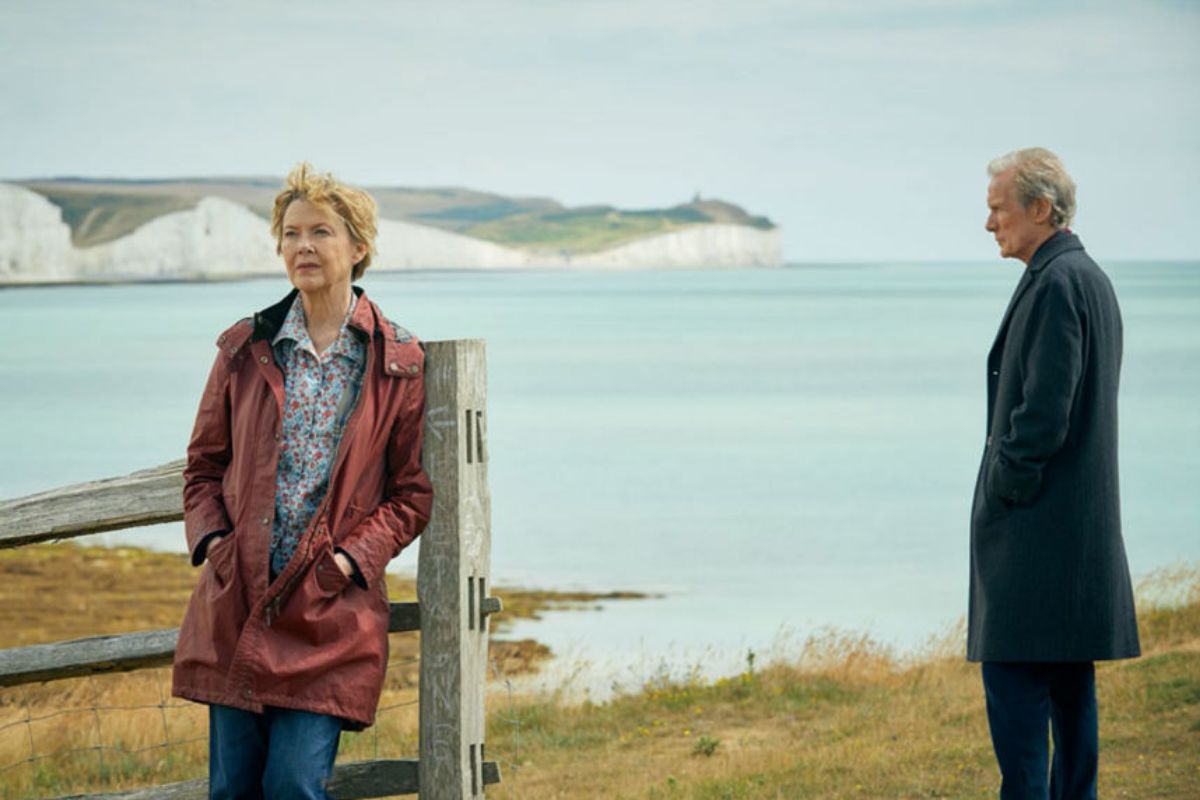Movie theater
Return to Hope Gap
3
Genre:
Drama
There is a moment in life when they stop thanking you for what you do and go on to congratulate you on achieving it.
It is commonly called old age (or almost), but also simple tiredness.
Back to Hope Gap
talks about that, about the nearness of old age and the evidence of tiredness, and he does it with a tone between enervably calculated, dismissive or just calm.
It would seem that in this patterned modulation the film exhibits its sin and its penance.
Everything at once.
William Nicholson
, scriptwriter more than just contrasted (from his hands came the librettos for
Gladiator
or
Les Miserables
) rehearses a complicated strategy of reaching emotion from the emptying of gestures, from the calm, from the tranquility of two actors so convinced of the enormity of their size that they intelligently choose to barely move.
And indeed, that is the greatest achievement.
Annette Bening and Bill Nighy
are a couple who have been overwhelmed by time to wear off.
She sets the pace and he just lets go.
And in the middle, a disoriented scion.
She demands and he limits himself to not disturbing, to comply with submission, resignation and a lot of tranquility with a love that never lived up to all that was promised.
The idea is that the proximity of old age exhausts the last reserves of a fading affection.
And so on until one day he falls flat on his face, loving discovery through, with the certainty that things may be otherwise better.
And, to the amazement and incomprehension of the son, there is still time.
All that in Bergman's case was nerve, tearing and provocation, here is a calm, thoughtful and very reflective walk through the same abyss as always
Nicholson proposes a staging that formally recalls
Bergman's
Secrets of a Marriage
, but in reverse.
All that in the case of the Swede was nerve, tearing and provocation, here is a calm, meditative and very reflective walk through the same abyss as always (there is a cliff and everything).
The problem lies in the lack of trust.
It gives the impression that the director does not dare to carry his successful proposal to the last consequences and, at times, falls into recurring tricks of a battered screenwriter like the most conventional melodrama
or, worse, overwriting.
The fondness for her poems is exploited in a very indecent display of imposing depth that definitely irritates.
Be that as it may, the brilliant and patterned performances alongside the contagious sleepwalking rhythm of the story succeed in rescuing the film from all the obvious dangers.
In the end, tiredness, as one of the not necessarily most obvious forms of old age, may be the best start.
Congratulations.
+ Undoubtedly, Bening and Nighy's interpretations are quite close to a master class- The insistence on being interesting in each line ends up giving a new dimension to the word pomposity
According to the criteria of
Know more
Comments
This news has no comments yet
Be the first in give your opinion
0 comments

